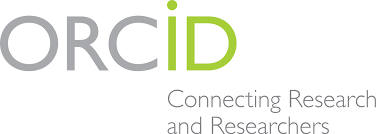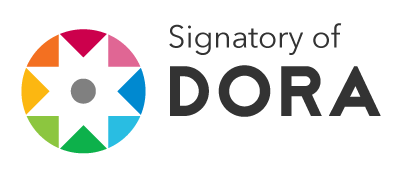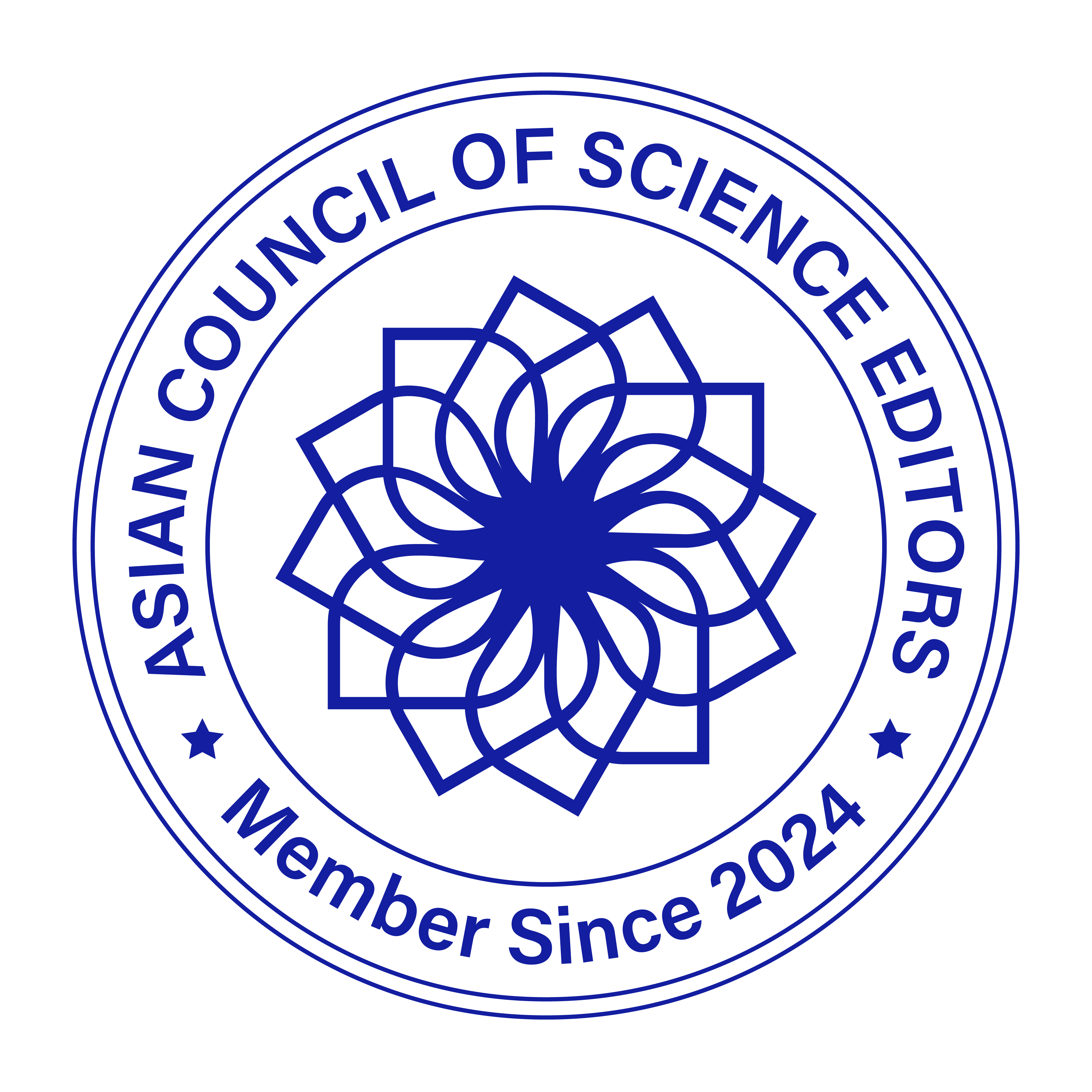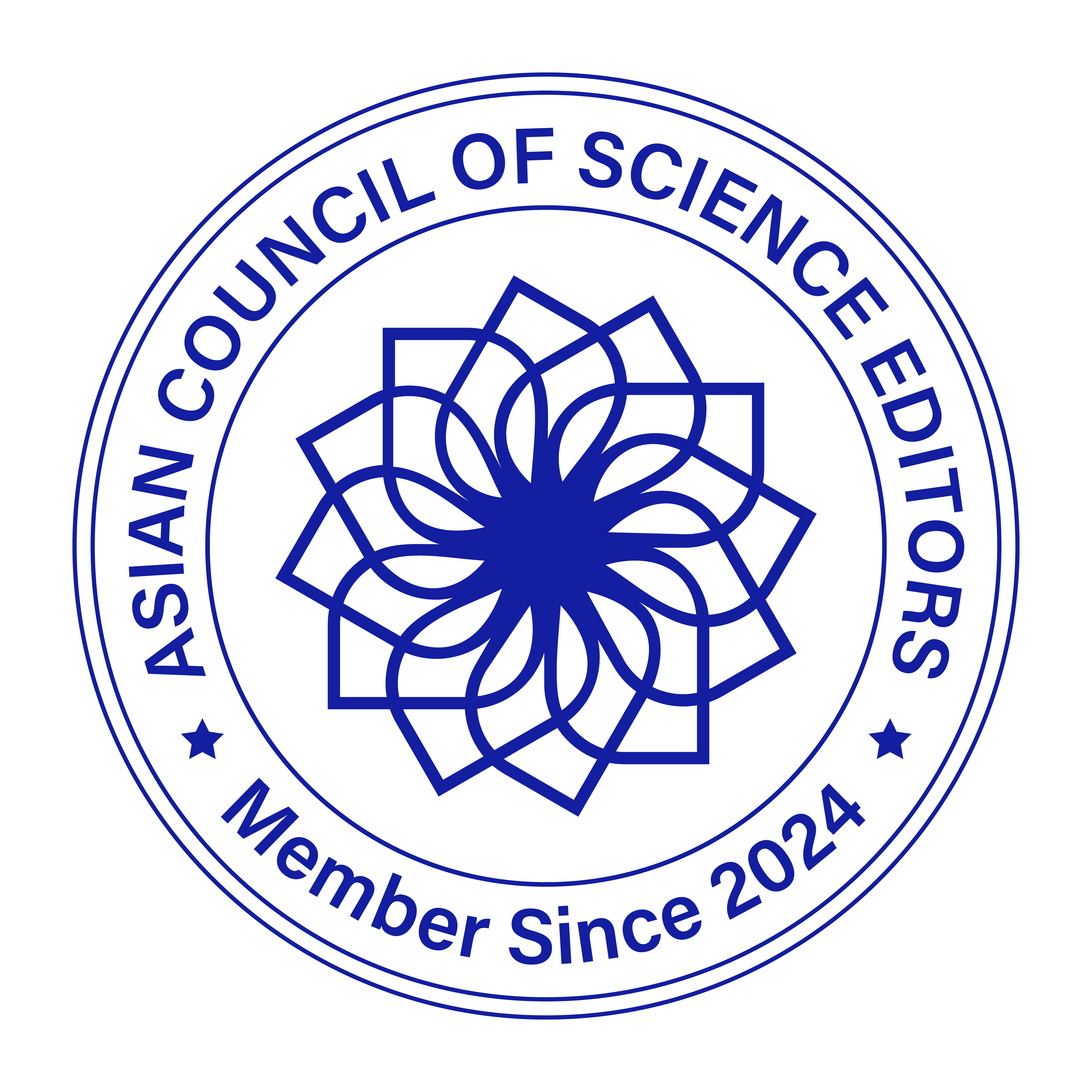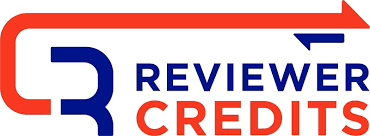3049-0677 (Online)
Anti-Plagiarism Policy
The act of taking another person's words, ideas, compositions, methods, or works as one's own is called plagiarism. Any kind of endeavor, including research and instructional materials, can use it. The White House Office of Science and Technology Policy defines plagiarism as the reuse of content without giving due credit to the original author or without the author's knowledge. Plagiarism is another term for a process that involves taking anything from the internet without properly crediting the original author. In academic circles, plagiarism is regarded as academic dishonesty or fraud, where the user is unable to properly frame the ideas and contents and instead relies on another person for original ideas and thoughts. There are three types of plagiarism: self-intentional, inadvertent, and obvious. Self-plagiarism is the practice of an author or contributor copying their own work even after it has been published and given credit. When an author neglects to cite their sources and citations for information, it can be considered unintentional plagiarism. On the other hand, as it involves the deliberate use of another person's work without giving due credit to the original author, overt plagiarism is illegal.
PhytoTalks Plagiarism Policy
Each author and contributor is in charge of their own actions. The publication vehemently opposes plagiarism, and should any content be discovered to have been copied, the publication retains the right to suspend the author's membership and prevent them from using the website. Before submitting their work, authors are urged to check it for plagiarism using the various internet tools accessible, as work that contains plagiarism will be removed severely. In this instance, the journal's decisions will be final.
The iThenticate tool is how we identify content that has been plagiarized.
Withdrawal Policy
From the time of submission to the point of final publication, authors are expected to adhere to publication ethics, as we believe in safeguarding and keeping the best quality papers.
The following policies should be known by authors associated with the journal:
Article Withdrawal
Article withdrawal is only possible during the pre-publication phase. It is most likely that the publisher or the author will withdraw. Only compelling or unavoidable circumstances from their institution or any conflicts arising from co-authors are acceptable reasons for author departure. In this case, the editorial office accepts a signed and written letter from the authors explaining their reasons for withdrawing. The publisher is entitled to withdraw an article if it is found to break ethical norms, particularly when it involves numerous submissions, plagiarism, fraudulent data usage without the original author's authorization, or false authorship claims.
Article Retraction
In a post-publication phase, the article is retracted if a specific manuscript is involved in any legal problems or copyright infringements. Though the PDF or HTML link will still be available, the original article will no longer be available online and will be marked as withdrawn. The cash paid for publication will not be refunded for the withdrawn manuscript at this time since withdrawal after publication undermines the enormous efforts made by our editorial staff in processing the submissions.
Article Removal
involves taking an article down from an internet database if it violates any laws regarding the publisher, the author, or the copyright holder. Primarily, it is acknowledged that the publication of the article poses health concerns, violates legal rights, tampers with scientific data, and presents misleading data representation.
Article Replacement
The original article may be withdrawn and replaced with a new one by the authors if they think it contains errors or could be harmful to readers' health. The replacement article link will be included in the retraction message, and the article retraction procedure will be followed in this instance.
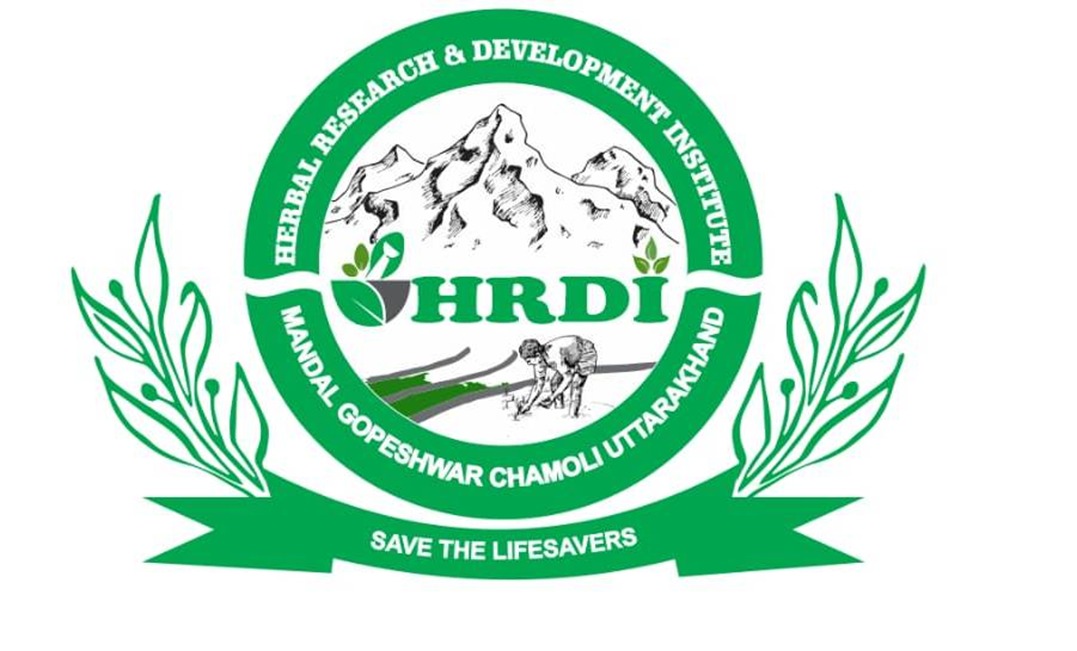

![Announcement: Special Conference Issue of Phytotalks We are pleased to announce that Phytotalks will publish a special issue featuring select peer-reviewed papers from the Third International Conference on Plant Functional Biology, an esteemed international gathering of experts in Plant Science]. This special issue will highlight cutting-edge research and innovative developments presented at the conference, offering our readers valuable insights into the latest advancements in the field. Stay tuned for this upcoming edition, which reflects our continued commitment to showcasing high-quality, impactful research.](https://phytotalks.com/public/site/images/afrozalam/img-20250701-wa0010.jpg)














